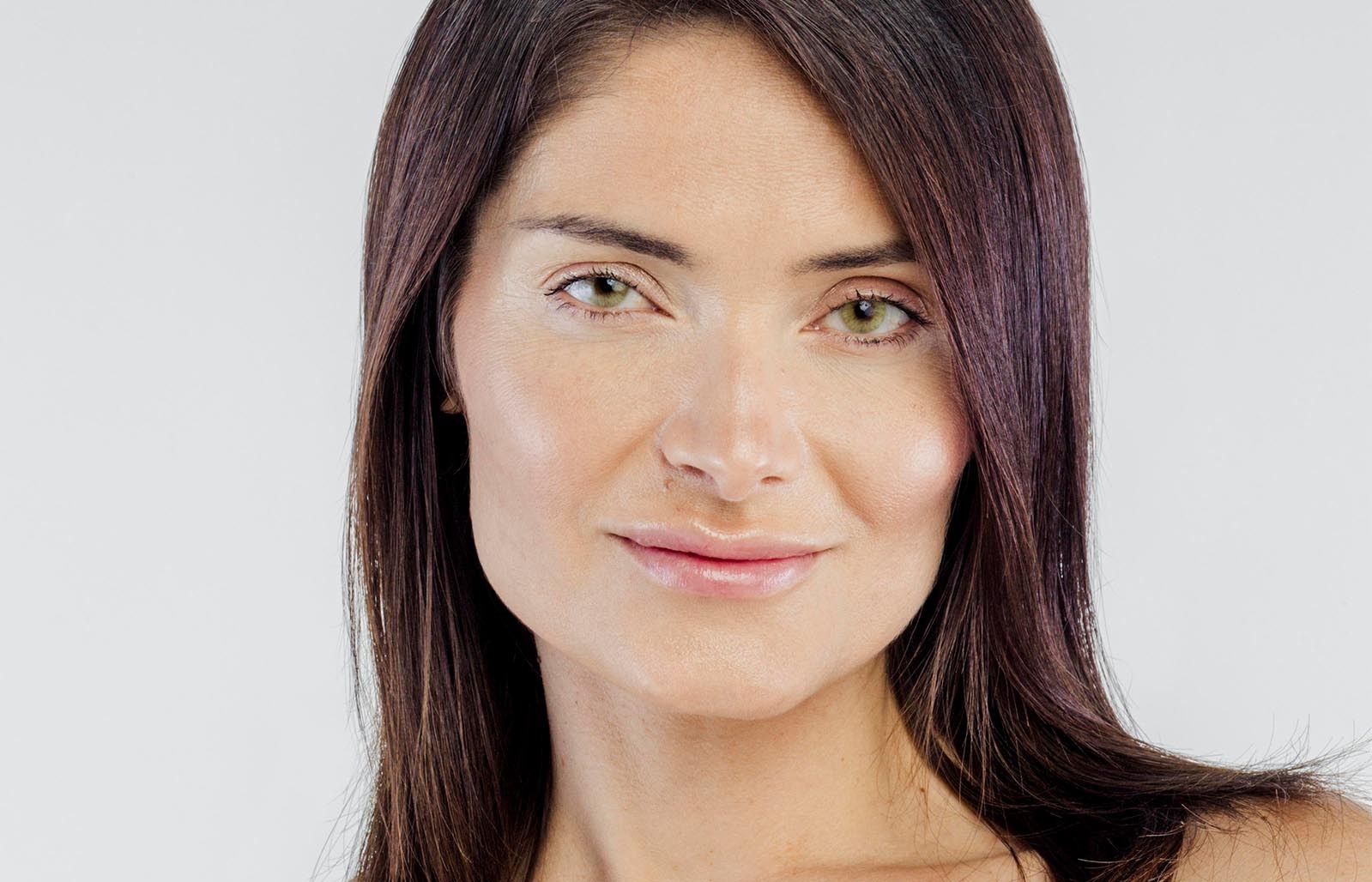I have slightly asymmetric cheeks which are a result of asymmetric cheek implant removal. I want new cheek implants (sub malar this time). Will I have a better chance at symmetry if I opt for custom implants? Or would standard implants with filler be a better option to augment my cheeks and make them symmetrical? I am also having a revision rhino and chin implant so cost is a factor. Will the capsule left from my former malar implants affect the placement of my new sub malar implants?
Answer: Cheek implants To be honest, I don't really like cheek implants unless someone was born without them (that can happen). With long lasting fillers and fat transfers, there is no need for cheek implants that run the risk of looking fake sometimes.
Helpful 1 person found this helpful
Book a virtual consultation
CONTACT NOW Answer: Cheek implants To be honest, I don't really like cheek implants unless someone was born without them (that can happen). With long lasting fillers and fat transfers, there is no need for cheek implants that run the risk of looking fake sometimes.
Helpful 1 person found this helpful
Book a virtual consultation
CONTACT NOW August 23, 2015
Answer: and a wall AR well date of Placement of sub-malar cheek implants The placement of sub-malar cheek implants can be performed even after you've had previous cheek implants in the past. Custom implants are not required. The surgeon will simply have to deal with the excess scar tissue is present which is manageable. When patients have significant pre-existing asymmetry, differential sized implants can be inserted based on the projection of the cheeks. A smaller cheek implant can be placed on the higher side, while a larger implant and placed on the lower side, to balance out the asymmetries. The cheek implants can also be custom carved since they're composed of Silastic to address the asymmetries that are present. For many examples are more information, please see the link below
Helpful 1 person found this helpful
Book a virtual consultation
CONTACT NOW August 23, 2015
Answer: and a wall AR well date of Placement of sub-malar cheek implants The placement of sub-malar cheek implants can be performed even after you've had previous cheek implants in the past. Custom implants are not required. The surgeon will simply have to deal with the excess scar tissue is present which is manageable. When patients have significant pre-existing asymmetry, differential sized implants can be inserted based on the projection of the cheeks. A smaller cheek implant can be placed on the higher side, while a larger implant and placed on the lower side, to balance out the asymmetries. The cheek implants can also be custom carved since they're composed of Silastic to address the asymmetries that are present. For many examples are more information, please see the link below
Helpful 1 person found this helpful
Book a virtual consultation
CONTACT NOW
August 23, 2015
Answer: Cheek Implants It is hard to beat what custom implant designing can do for any type of facial implant including cheek implants. It offers precise fitting and optimal symmetry (based on the underlying bone anatomy) between the two sides of the face. Your prior implant capsule has no impact on the design or placement of new cheek implants.
Helpful 1 person found this helpful
August 23, 2015
Answer: Cheek Implants It is hard to beat what custom implant designing can do for any type of facial implant including cheek implants. It offers precise fitting and optimal symmetry (based on the underlying bone anatomy) between the two sides of the face. Your prior implant capsule has no impact on the design or placement of new cheek implants.
Helpful 1 person found this helpful
FIND THE RIGHT
TREATMENT FOR YOU
February 4, 2016
Answer: Will custom cheek implants have a lesser risk of migration and asymmetry as compared to a standard cheek implant? Hi,The answer is NO. Factors that determine implant stability and movement include, surgeon's experience and skill, the amount of swelling post-op and infection. Custom implants are not a guarantee of non-movement.Best,Dr.S.
Helpful
February 4, 2016
Answer: Will custom cheek implants have a lesser risk of migration and asymmetry as compared to a standard cheek implant? Hi,The answer is NO. Factors that determine implant stability and movement include, surgeon's experience and skill, the amount of swelling post-op and infection. Custom implants are not a guarantee of non-movement.Best,Dr.S.
Helpful
